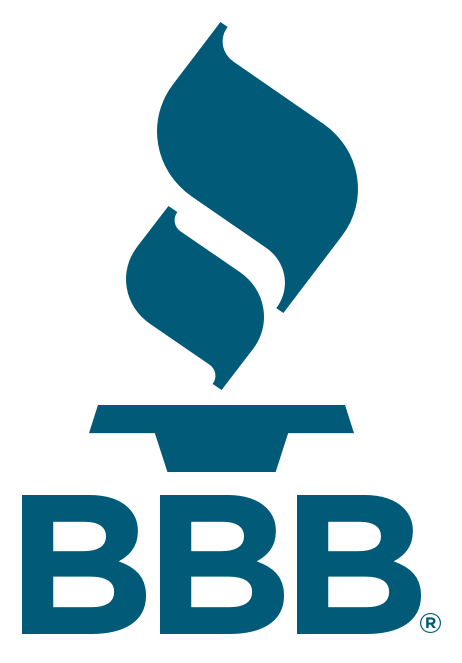BBB Scam Alert: Want a COVID-19 test? There’s a scam for that

The US Food and Drug Administration is warning people of fraudulent coronavirus tests, vaccines, and treatments as the pandemic continues. According to Centers for Disease Control, since the arrival of the Omicron variant, the increase of testing for COVID-19 has become a concern. Scarcity often leads to potential scams for a product that doesn’t exist, the compromise of personal identifiable information, or the increase of deceptive advertising.
The Federal Bureau of Investigation (FBI) issued a warning earlier this year about potential fraud related to the antibody tests. Scammers are selling unapproved COVID-19 antibody tests, which can give inaccurate results. In doing so, they are also collecting personal information, such as Social Security numbers and dates of birth. They may also be stealing health insurance or Medicare information that can be used in future schemes.
How the Scam Works
Robocalls are sent out to consumers directing them to a website that looks like a clinic or medical supply company offering COVID-19 tests. These tests allegedly identify if a person has been infected with coronavirus – even if they’ve recovered. Some even promise results in 10 minutes. However, to receive a test, a credit card or a form needs to be completed with personal information.
In some cases, the test involves an easy at-home testing kit. Other times, the tests are allegedly offered through a clinic. But in all versions, the person or website selling the test is short on details. They aren’t willing or able to provide any information about how the test works, where it is sourced, and what laboratory processes it.
Don’t fall for it! These tests are not US Food and Drug Administration approved and will not give accurate results. In fact, requestors may never even receive an actual test kit. Either way, scammers will have made off with the money and personal information.
How to Avoid Fake Coronavirus Tests
- Want a test? Talk to your doctor. Reach out to your healthcare provider. They can help figure out if the test will be covered by insurance and where to find a legitimate clinic. If you don’t have a primary care physician, check out the official website of your local health department for more information on testing availability.
- Research before buying. Scammers put pressure on people to buy or commit without giving them time to do further research. Before agreeing to anything, investigate first. Research any claims the company makes. Start with searching BBB.org to see they are BBB Accredited, have good reviews, and if there are complaints or scam reports associated with their business name. In addition, review the warnings on FBI, Federal Trade Commission, Attorney General’s office, and BBB ScamTracker.
- Understand all options: The Center for Disease Control and Prevention has a detailed guide to testing for COVID-19. Understand the different tests available.
- Never share your personal information with strangers. Only make purchases and share your personal information with people and companies you know and trust.
- Check claims of FDA approval. Per the FBI, “Not all COVID-19 antibody tests have been approved by the U.S. Food and Drug Administration (FDA), and their efficacy has not been determined.” Check the FDA website for a list of approved tests and testing companies.
BBB recommends if you have been to a pop up COVID testing site and are feeling unsettled about providing personal or financial information, consider the following options:
- Place a credit freeze on your accounts by contacting the three major credit bureaus.
- If possible, file your taxes early to avoid a tax refund theft and alert the IRS.
- If this does happen alert the insurance company what happened and watch for any unauthorized claims.
- Monitor all financial accounts for any suspicious charges that do not belong to you and dispute them.
- Report any suspicious activity to BBB.org/scamtracker.
For More Information
BBB has additional tips for avoiding scams on BBB.org/spotascam and the BBB news feed.
If you’ve been the victim of a scam, please report it on the BBB.org/ScamTracker. Your report can help others to stay alert and avoid similar scams.
ABOUT BBB SERVING CENTRAL INDIANA: For more than 100 years, Better Business Bureau has been helping people find businesses, brands and charities they can trust. In 2020, people turned to BBB more than 220 million times for BBB Business Profiles on more than 6.2 million businesses and Charity Reports on 11,000 charities, all available for free at BBB.org. There are local, independent BBBs across the United States, Canada and Mexico, including BBB serving Central Indiana, which was founded in 1916 and serves 46 counties.
